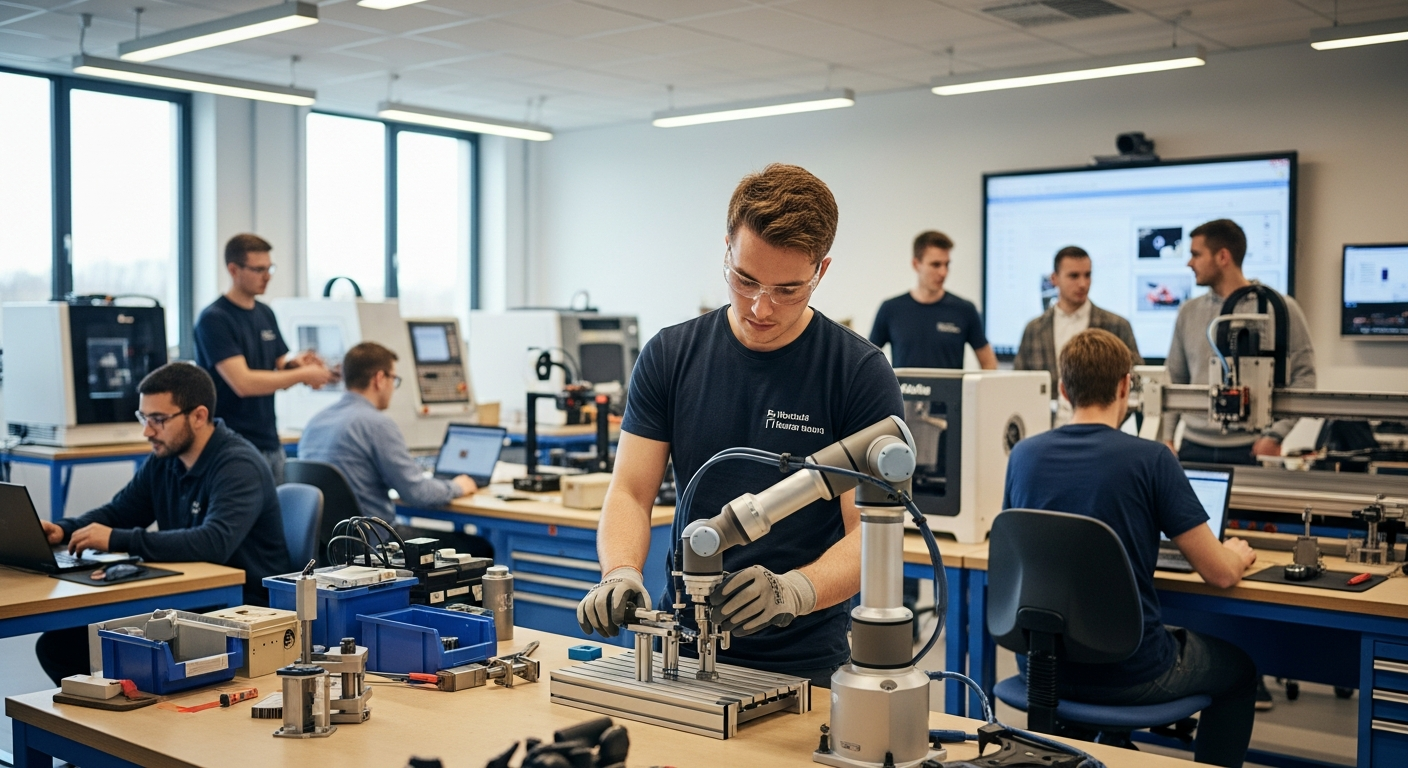The Emergence of Slow Living: A Societal Shift Towards Mindfulness and Simplicity
In a world characterized by constant technological advancements, instant gratification, and rapid pace, a contrasting trend is gradually emerging. Slow Living—an enticing concept that encourages a more mindful, deliberate, and simple way of life—is gaining momentum. This article delves into the roots of this social movement, its relevance in today's society, and how it's shaping our perception of time, productivity, and satisfaction. Read below to explore how Slow Living is offering a refreshing counterpoint to our fast-paced culture.

Origins and Evolution of Slow Living
The Slow Living movement finds its roots in the Slow Food initiative that began in Italy during the 1980s. Far from being a mere culinary trend, Slow Food challenged the fast-food culture, promoting the preservation of local culinary traditions, sustainable farming, and a more conscious consumption pattern. Over time, this philosophy expanded to other areas of life, resulting in the broader concept of Slow Living.
Slow Living in Today’s Fast-Paced Culture
Ironically, the rise of Slow Living is a direct response to our accelerating world. The omnipresence of technology, the culture of instant gratification, and the constant pressure to be productive have created a societal paradox—we’re simultaneously connected and isolated, busy yet unsatisfied. Slow Living stands as a powerful antidote to this paradox. It advocates for a purposeful deceleration, encouraging individuals to savor life’s moments rather than rushing through them.
The Societal Implications of Slow Living
Embracing Slow Living doesn’t mean abandoning ambition or productivity. Instead, it redefines these concepts, placing emphasis on quality over quantity, and process over outcome. This shift bears significant implications for societal structures and values. In the realm of work, it can translate into flexible schedules, decreases in overtime, and a greater focus on employee wellbeing. In personal life, it can manifest as increased engagement with hobbies, community, and nature.
Slow Living: A Research Perspective
Research corroborates the benefits of Slow Living. Studies suggest that a slow, mindful approach to life can enhance mental health, improve quality of life, and even prolong lifespan. From a sociological viewpoint, Slow Living can foster community bonding, environmental sustainability, and a more equitable economic system.
The Future of Slow Living
As we move forward, Slow Living’s relevance is likely to grow. The pandemic has further exposed the drawbacks of our fast-paced lifestyle and has sparked a renewed interest in a more balanced, mindful way of life. As individuals and communities worldwide continue to embrace Slow Living, it is poised to shape the future societal narrative, promoting a culture that values simplicity, mindfulness, and sustainability over speed and efficiency.
In conclusion, Slow Living presents a compelling counter-narrative to our fast-paced society. Its growing influence highlights a collective yearning for a more balanced, fulfilling, and sustainable way of life—a trend that holds significant implications for our future societal trajectory. As we navigate the complexities of modern life, the embrace of Slow Living offers a refreshing perspective and a roadmap towards a more mindful existence.






